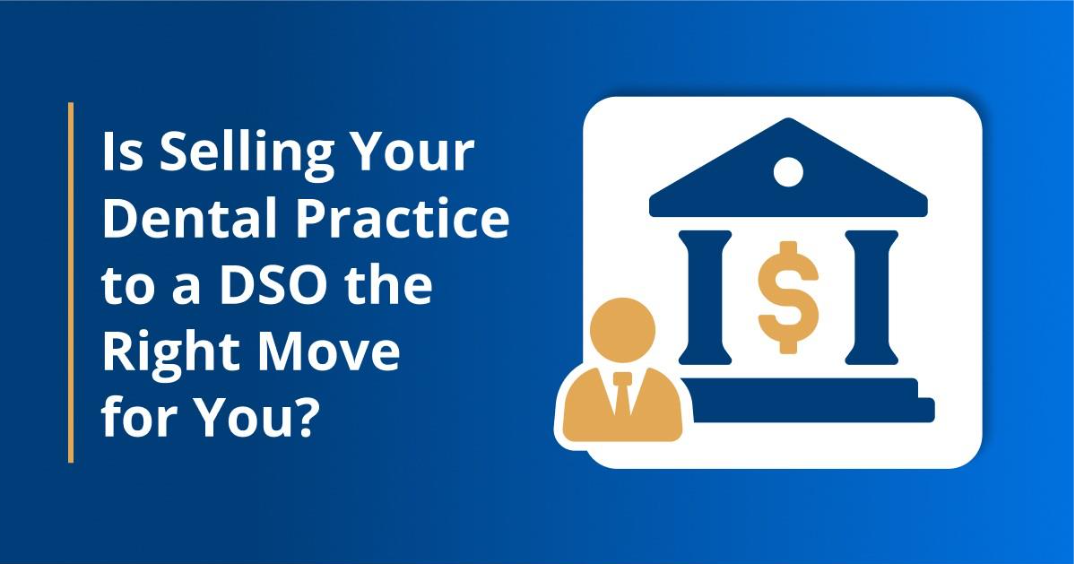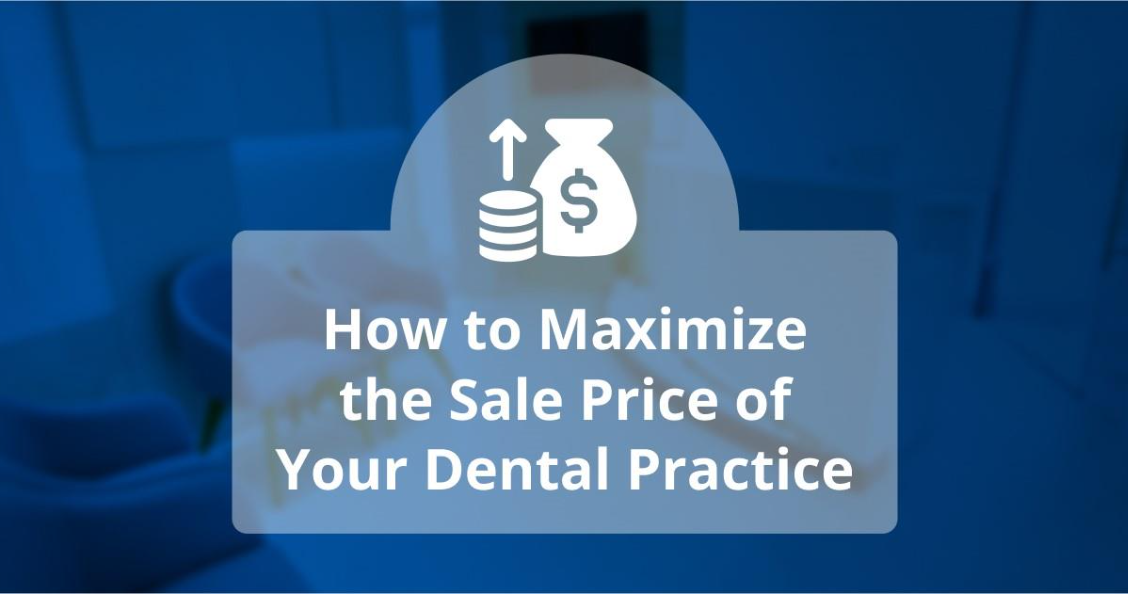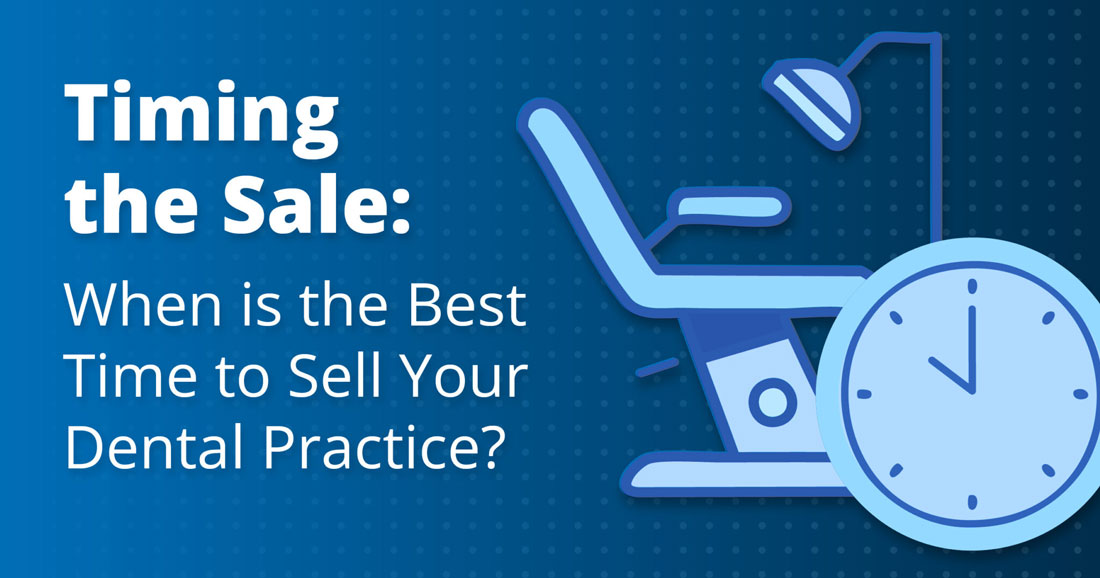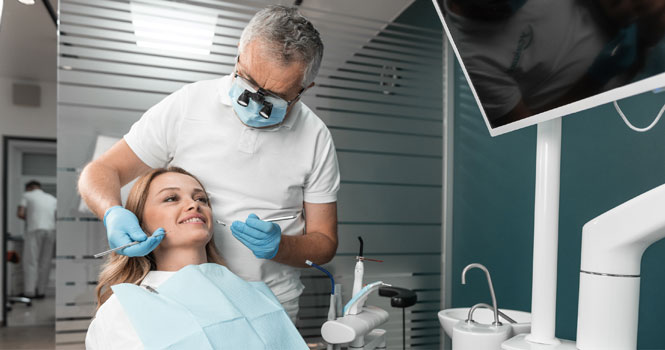Boosting Your Appraisal Value Before You Sell Your Dental Practice
When you’re preparing to sell your dental practice, one of the most important steps is making sure your dental practice valuation is as strong as possible. Your practice’s value doesn’t just influence the final sale price, it directly impacts how attractive your practice is to buyers in the first place.
A higher dental practice appraisal can lead to more buyer interest, stronger offers, and smoother negotiations. However, boosting your value takes more than luck or timing. It takes preparation, strategy, and often the guidance of a trusted dental practice broker like Consani Associates.
Here’s how to increase your appraisal value before putting your practice on the market.
Organize and Clean Your Financials
Clean, organized financials are foundational to any accurate dental practice valuation. Prospective buyers and their lenders will scrutinize your numbers to determine your practice’s earning potential and risk.
Make sure you have at least three years of:
- Accurate profit and loss statements
- Up-to-date tax returns
- Clear breakdowns of collections, expenses, and overhead
Be sure to highlight recurring revenue and your active patient base. Remove any personal expenses that may distort your profit margins, with items like non-business travel, personal vehicles, or family cell phone plans. These adjustments help paint a clearer picture of your practice’s actual performance.
Increase Production Without Overspending
You don’t need to overhaul your entire operation to increase value, just focus on smart, strategic growth.
This can include:
- Introducing in-demand procedures like clear aligners, implants, or whitening.
- Reviewing your fee schedule to ensure it’s competitive for your area and specialty.
- Reducing no-shows by tightening up your scheduling systems and using reminders.
Even modest increases in production can result in a more favorable dental practice appraisal, especially when paired with solid profit margins.
Optimize Hygiene and Recall Systems
A reliable hygiene department is one of the strongest indicators of a stable, healthy practice. If you want to sell a dental practice for top dollar, buyers need to see that your patient base is engaged and consistently returning for care.

Focus on:
- Keeping hygiene production steady and well-documented
- Reactivating overdue patients
- Tracking hygiene’s contribution to overall production
This kind of predictable revenue stream boosts both your appeal and your dental practice valuation.
Modernize Equipment and Technology Strategically
Up-to-date equipment signals to buyers that your practice is current, efficient, and ready for a seamless transition. However, that doesn’t mean you need to make major purchases right before listing.
Instead, you can:
- Reduce outdated or broken tools with essential, modern replacements
- Upgrade your practice management software for better reporting and patient communication
- Avoid large capital investments unless they offer clear ROI before your sale
The right updates can make a strong visual impression and support a higher dental practice appraisal without breaking the bank.
Improve Curb Appeal and Office Aesthetics
First impressions matter, and so do the small details. An inviting, well-maintained office makes it easier for buyers to imagine stepping in without disruption.
Prioritize:
- A deep clean and thorough decluttering of all areas
- Fresh paint and small cosmetic repairs
- Updated signage and a welcoming reception space
These relatively low-cost improvements can have an outsized impact on buyer perception and ultimately improve your dental practice valuation.
Strengthen the Team and Staff Contracts
An experienced, loyal team gives buyers confidence that patients will continue returning after the sale. It also reduces the risk of operational disruption during a dental practice transition.

Focus on:
- Retaining trained, dependable staff
- Clearly outline roles and expectations
- Update or formalize employment agreements
- Document staff longevity and strong patient relationships
Your team is part of the value. Don’t overlook how much they contribute to your practice’s success.
Document Operational Systems and Protocols
Buyers want to step into a practice that runs smoothly. Clear documentation shows that your business is well-managed and helps them visualize continuity under new ownership.
Prepare easy-to-follow systems for:
- Clinical workflows and protocols
- Front-desk processes and scheduling
- Billing, insurance, and financial procedures
These materials lower the perceived risk for buyers and support a stronger dental practice valuation.
Mitigate Any Legal or Compliance Risks
Outstanding legal issues or compliance concerns are red flags to buyers and can tank a deal or lower your appraisal.
Before listing your practice:
- Ensure HIPAA compliance and update all licenses
- Resolve any contract disputes or pending litigation
- Ensure that vendors and previous vendors have removed all liens on your practice
Get a Pre-Sale Consultation with a Broker
Finally, one of the most effective ways to boost your appraisal value is by working with an experienced dental practice broker.
At Consani Associates, we help sellers understand what buyers are looking for, how market trends are shifting, and where hidden value might exist within their practice. Our team provides guidance not just on pricing, but also on timing, marketing, and positioning your practice to attract the right buyers.
Whether you’re in the early planning stages or ready to list, a pre-sale consultation can help ensure you sell your dental practice with confidence and maximize your return.
Ready to Unlock the Full Value of Your Practice?
From fine-tuning your financials to showcasing your systems, every detail counts when it comes time to sell your dental practice. And with the right dental practice broker by your side, you’ll have the expertise and support you need to get the best possible outcome.
Schedule a confidential consultation with Consani Associates. Our team will help you assess your dental practice, prepare for a successful sale, and protect the legacy you’ve worked so hard to build.















